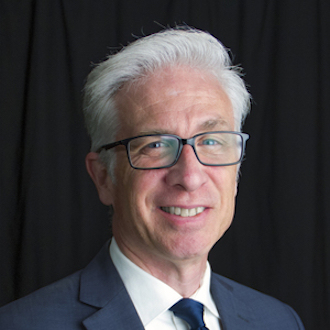By Jessica Salerno-Shumaker, OSCPA senior content manager
OSCPA spoke with Dave Staley, futurist and associate professor in the Department of History at The Ohio State University, on what trends the accounting profession should be aware of this year and into the future. He categorized these trends in five ways: society, technology, economics, environment and politics. To learn the possible trends in society and technology, read last week’s story here. This week covers the remaining three.
 Economics
Economics
The world has become accustomed to a global economy, but Staley predicted deglobalization will continue to rise, forcing countries to become more reliant on their own manufacturing.
“The free movement of goods and information is coming to an end,” he said. “There are a number of causes for this.”
Staley mentioned growing tension between the U.S. and China as a barrier to consider, and the condition that to operate in China, American companies must open their intellectual property to the Chinese. The U.S. has started to push back on these conditions.
He cited the Intel project building in Ohio as a prime example of deglobalization, as it’s part of the U.S. effort to bring chip manufacturing closer to home rather than relying upon places such as Taiwan.
“There is something called strategic capitalism, and it has to do with government in the role of protecting and nurturing strategically important industries,” Staley said. “For instance, for AI, quantum computing and semiconductors, the idea is that government in a sense is renationalizing technology.”
Droughts in various parts of the country have been occurring for almost two decades, Staley said, and are now perceived less as a crisis and more of an everyday reality for anyone who lives in those areas. Access to water will become a bigger factor as people determine where to live in the future.
“The Midwest has a lot of environmental problems,” he said. “But one thing we do have is water. One of the reasons that Intel moved here was because they need five million gallons of water a day. They can get it here in a way they can't in places such as Arizona.”
Staley said people will start to look for places with easier access to water and move there, such as Columbus, Indianapolis and Minneapolis.
Staley said the balance between the three branches of U.S. government has grown uneven in recent decades as more power has gone to the executive and judicial branches, leaving out the legislative.
“Some scholars are saying Congress needs to reassert itself,” he said. “If not to become the predominant branch, then at least to reassert its power relative to the other two branches.”
While he doesn’t expect that prediction to materialize overnight, he did say to look for signs of Congress reasserting its constitutional authority of the legislature.